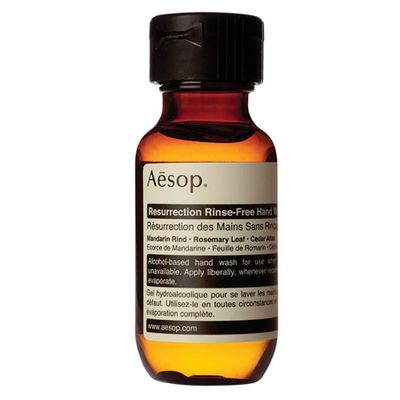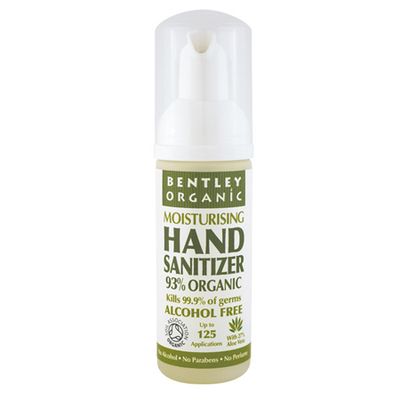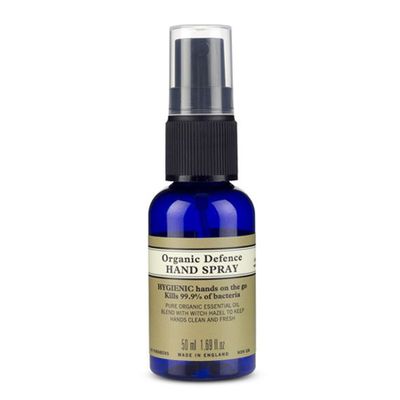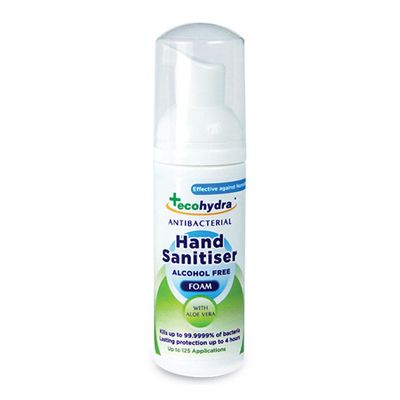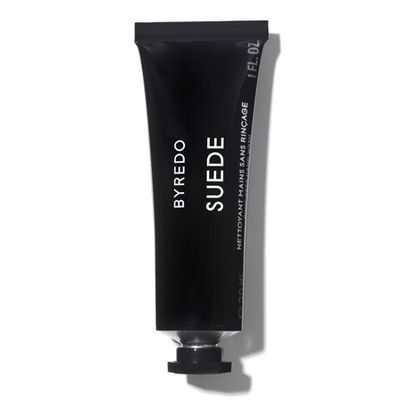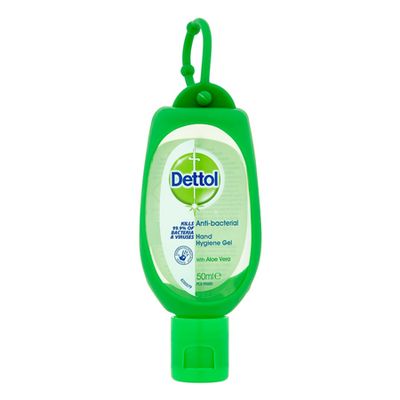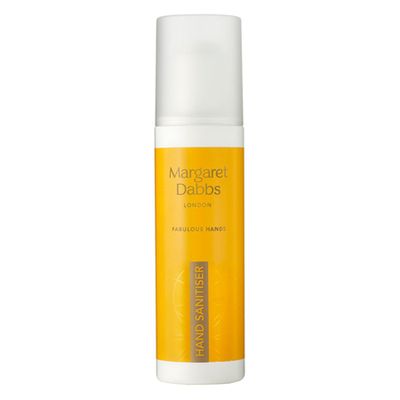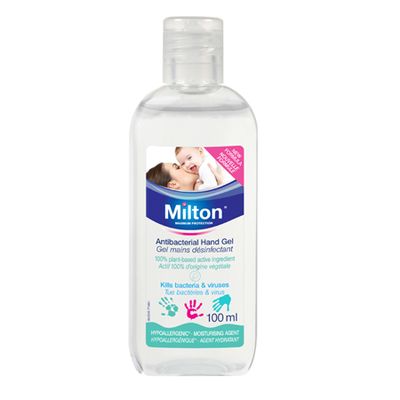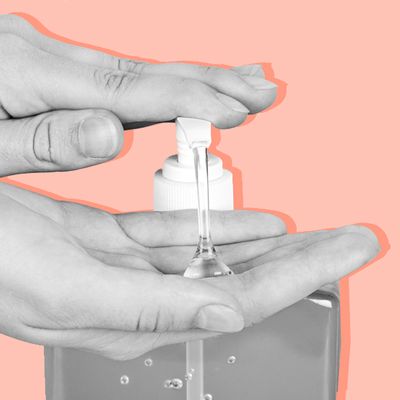
Do Antibacterial Hand Gels Work?
How Does It Work?
An alcohol-based hand sanitiser can be used to clean hands if they are not visibly dirty or greasy. To effectively kill germs, the alcohol content should be at least 60%. A proper technique and a sufficient dose are also essential. Apply the product to the palm of one hand, then distribute the gel until both hands are completely covered. Vigorously rub them until they are dry. Alcohol works by friction, so it’s only when you rub your hands together that you disinfect them. If there’s any excess, let it dry rather than removing with a towel.
Is There Anything A Hand Sanitiser Cannot Remove?
Antibacterial gel can remove 99.9% of germs, but some studies have found that people who only used hand sanitisers to clean their hands had higher levels of pesticides in their bodies than those who washed their hands with soap and water. Although gels can combat germs picked up in clinical settings, when hands are soiled and greasy from other situations – such as gardening – they aren’t as effective at cutting through the grime as soap and water. Many people don’t use enough gel to remove germs and microbes, so make sure your dose is big enough.
Are Hand Sanitisers Harmful?
There is no evidence to suggest they are harmful to us. They could theoretically lead to antibacterial resistance, but this hasn’t been proven. Sanitisers may dry out your hands, creating cracks that germs can sneak in to, so only use them when you can’t wash your hands with soap and water, and keep your hands well moisturised.
Can Organic And Alcohol-Free Options Really Kill Bacteria?
Ingredients such as tea tree, witch hazel, lavender oil and thyme oil can purify and protect hands, and aren’t as drying as alcohol-based products. Whereas alcohol evaporates and provides no further protection, alcohol-free products can last up to four hours after application. Some use benzalkonium chloride to replace alcohol, which is also not as drying. Some are enriched with aloe vera, a natural moisturiser, so they are kinder to your skin.
Do I Need To Spend A Lot To Get Results?
Some of the brands that claim to be most effective are the cheapest, often with a high alcohol content and pharmaceutical backing. For high levels of refined essential oils, expect to pay more, but you may find they’re more gentle on your skin and smell more pleasant.Here are our favourite picks...
DISCLAIMER: We endeavour to always credit the correct original source of every image we use. If you think a credit may be incorrect, please contact us at info@sheerluxe.com.
